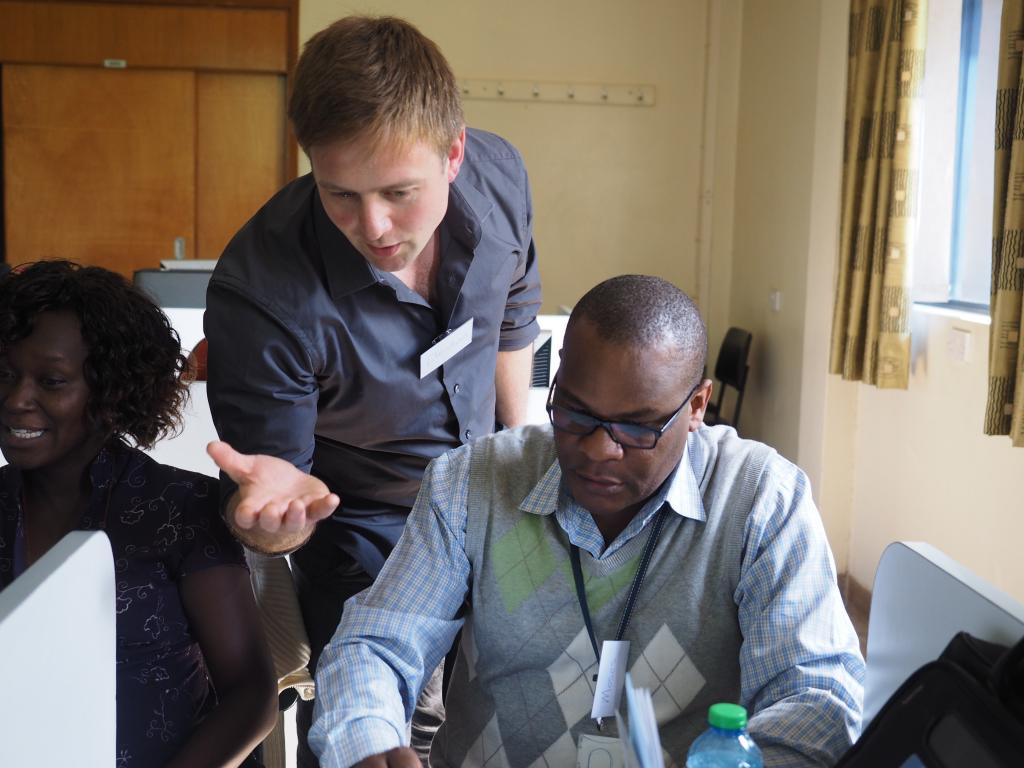Abstract
This report provides an overview of the content and data collected from the “Successes, Challenges, and OpportunitiesPlant Transformation Research in Africa” panel discussion. Organized by PlantGENE, this event brought together scientistsand stakeholders across the globe to examine the complex challenges and emerging opportunities in plant transformationresearch in laboratories across Africa. The discussion, rooted in insights from a panel of six leading scientists, highlightscritical issues including restrictive regulatory environments, prohibitive costs, and the inconsistent availability of essentialresearch materials. Additionally, the pervasive “brain drain” phenomenon, where skilled researchers leave the continent forbetter opportunities, exacerbates the difficulties faced by African scientists. Despite these challenges, the report also identifiessignificant advancements, particularly in the growing recognition of African leadership within universities and nationalagricultural research systems (NARS). These institutions, supported by highly skilled faculty and motivated graduate students,are producing high-quality research that contributes to global scientific knowledge. The panelists emphasized the necessity ofcreating an environment that encourages African scientists to remain on the continent and address local challenges throughinnovative research. Strengthening intra-African networks and fostering collaborations with the global scientific communityare proposed as essential strategies to achieve this. This report underscores the critical need for substantial investments fromboth global and African organizations, working with African governments, to support these efforts. Furthermore, it callsfor science-based decision-making and fair regulatory frameworks to align with unique opportunities and risks associatedwith technological advancements in Africa. This paper details the observations of six panelists and analyzes the results ofattendee surveys in order to document these challenges and opportunities while advocating for sustained investment andstrategic partnerships to build a thriving bioeconomy across Africa.
Read full article
